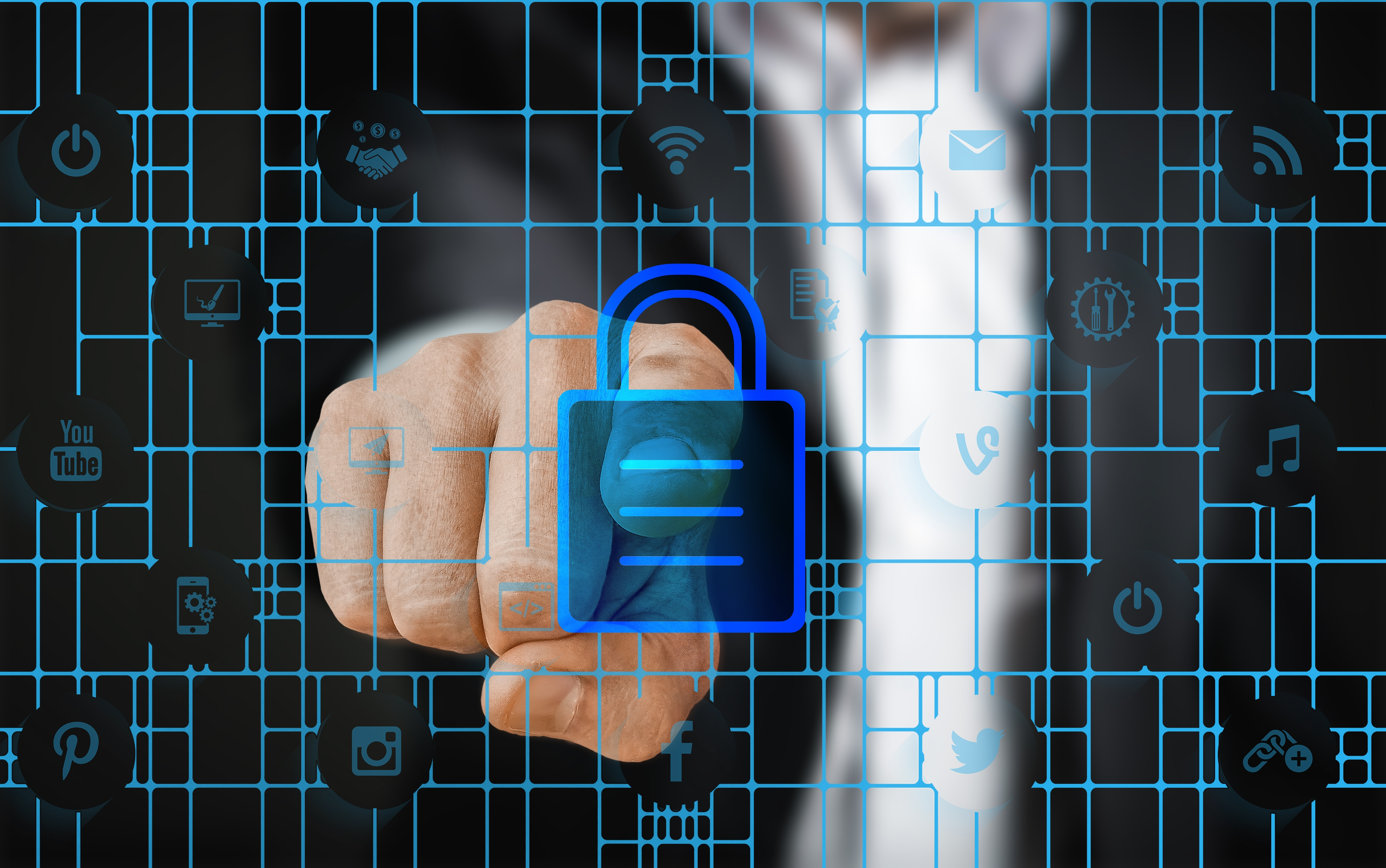

was hit in January.Īttacks on critical infrastructure have been a major concern, but they have accelerated in recent months after two significant breaches - the SolarWinds attack by Russia’s main intelligence service, and another against some types of Microsoft-designed systems that has been attributed to Chinese hackers - underscored the vulnerability of the networks on which the government and corporations rely.

Then in November 2020, cold-storage giant Americold Realty Trust reported it was hit with a cybersecurity incident without specifying it was ransomware. SiteOne Landscape Supply was hit last July. Carrollton, Georgia-based cable manufacturing giant Southwire Co.

Microsoft, Amazon, the FBI and the UK's National Crime Agency have joined a Ransomware Task Force (RTF) in giving governments nearly 50 recommendations, stating that cyberattacks have more than financial ransom costs - becoming national security threats and public health and safety concerns.Ĭolonial Pipeline is the fifth major metro Atlanta-based company known to be hit by ransomware attacks in the past year. The Biden Administration is expected to issue a broad-ranging executive order that would bolster the security of federal and private systems on the heels of major cyberattacks.Ī global coalition of technology companies and law enforcement bodies is calling for “aggressive and urgent” action against ransomware. In recent weeks, cybercriminals have launched ransomware attacks on everything from Washington, D.C.’s city police department – one of up to a dozen law enforcement agencies affected by ransomware since the beginning of 2020 – to a cyberattack of Scripps Health in San Diego that impacted email services at the health care system and forced medical staff to use paper records.ĭepartment of Homeland Security Secretary Alejandro Mayorkas called ransomware one of his “most significant priorities right now,” and the administration has launched an initiative to help critical infrastructure like electric utilities and water districts protect against attacks. A coalition of companies and countries takes action government uses another emergency order to ensure continued gas transportation and distribution. Whether or not DarkSide's intent in targeting Colonial Pipeline was solely financial, its ransomware action has resulted in panic buying of gasoline in the southeastern U.S., which Colonial Pipeline serves, and several states declared states-of-emergency to manage shortages as the U.S. DarkSide is one of many threat actors that attack by gaining access to private networks, encrypting files, stealing data, and demanding a ransom to return operations or not publish stolen content.īloomberg News reported that the DarkSide ransomware hack also targeted more than two dozen unidentified organizations across a range of industries.ĭarkSide's method, according to the KrebsOnSecurity blog, is to target organizations with the financial means to pay for ransomware decryption tools - and even offers their capabilities to affiliates as “ransomware-as-a-service”.

The “double-extortion” scheme is a hallmark of the criminal group DarkSide, which experts consider the prime suspect in this hack. Colonial shut down the pipeline Friday as a precaution. On May 6, 2021, hackers stole nearly 100 gigabytes of data from Colonial Pipeline’s cloud computing systems, then locked up its IT systems and demanded payment. government, FBI and private cybersecurity companies teamed up to actively disrupt the cyberattack, recover some stolen data and coordinate their response. The energy system infrastructure attack is being called one of the most disruptive digital ransom operations, and the U.S. On May 10, 2021, the business week kicked off by assessing the impact – and threat horizon – of a cyberattack on a major fuel pipeline operator, Colonial Pipeline, which had to shut down operations on Friday as a precaution following a ransomware attack.


 0 kommentar(er)
0 kommentar(er)
